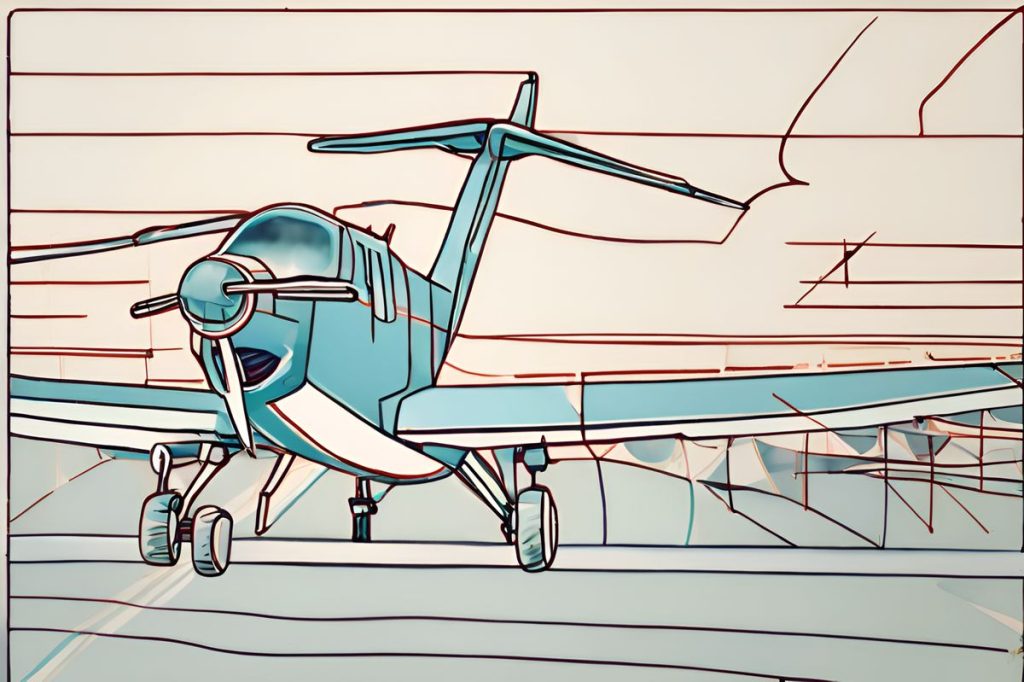Cyprus has acquired six new fire-fighting aircraft from Argentina, Australia, and Egypt, bolstering its wildfire response and enhancing its ability to protect communities. The EU’s RescEU program funded two of these planes, marking a collaborative effort to combat the heightened risk of wildfires during the hotter months.
What new resources has Cyprus acquired to fight wildfires?
Cyprus has strengthened its wildfire response by acquiring six new fire-fighting aircraft, with contributions from Argentina, Australia, and Egypt, including helicopters and skilled crews. The EU’s RescEU program funded two planes, enhancing Cyprus’s ability to contain wildfires and protect its communities.
Aerial Reinforcements Touch Down
Cyprus has boosted its wildfire fighting capabilities with the acquisition of six new fire-fighting aircraft, a significant enhancement to the island’s forestry department’s resources. The new additions arrived at a critical time as Cyprus prepares for the heightened risk of wildfires during the hotter months. On Monday, the first two of these aircraft made their journey from the distant shores of Argentina, signaling the beginning of a new chapter in emergency response for the country. Following close behind, two aircraft from Australia were scheduled to make landfall later the same day.
These planes are not the only reinforcements Cyprus is welcoming. Egypt is contributing to this increase in fire-fighting might, with two helicopters set to land on Tuesday afternoon. The crews from Egypt, comprising 17 skilled personnel, will not only bring their machinery but also their expertise in managing and extinguishing blazes that threaten the natural and human landscapes.
International Support and Local Impact
The EU has stepped in to assist with the financial implications of these critical upgrades. Funding from the EU’s RescEU program has covered the leasing costs for two of the planes, showcasing the collaborative effort at a continental level to mitigate the dangers of wildfires. This kind of international support is pivotal, as Cyprus has faced significant challenges in recent years due to devastating fires across the region.
With the arrival of these aircraft, the country is poised to tackle wildfires more effectively. The expanded fleet is expected to significantly improve the response times and the ability to contain fires before they can spread and cause irreversible damage. The ability to combat wildfires is not just a matter of preserving natural landscapes; it’s also about safeguarding communities, economies, and the very fabric of life that is threaded through the rural and urban areas of Cyprus.
Enhancing Readiness and Response
The upgraded fleet will enable firefighters to reach fires that are often in inaccessible mountainous regions more swiftly. The aircraft are equipped to tackle the flames from above, providing a versatile and dynamic approach to fire-fighting that ground crews alone would not be able to achieve. The significance of timely response cannot be overstated, as the initial hours of a wildfire often determine the scale of its impact.
In preparation for their deployment, the crews will undergo rigorous training to operate the new aircraft effectively. This training ensures that when the call comes, the teams can coordinate seamlessly with ground forces to bring wildfires under control. Cyprus’s commitment to improving its fire-fighting capabilities is a testament to the lessons learned from past experiences and a proactive step towards protecting its biodiversity, economy, and the well-being of its residents.
A Season of Readiness
As the summer heat approaches, the importance of readiness cannot be overstressed. The new aircraft and their crews stand at the ready, a bulwark against the season’s threats. With these advancements, Cyprus sends a clear message that it is taking proactive measures to prepare for the fire season. The community, too, plays a crucial role by remaining vigilant and reporting fires early, supporting the efforts of these dedicated teams.
The acquisition of these fire-fighting aircraft marks a new era for Cyprus’s emergency services. It’s a move that will hopefully see a decrease in the devastation caused by wildfires, as the country strengthens its resolve to protect its land and people from the flames.
What new resources has Cyprus acquired to fight wildfires?
Cyprus has strengthened its wildfire response by acquiring six new fire-fighting aircraft, with contributions from Argentina, Australia, and Egypt, including helicopters and skilled crews. The EU’s RescEU program funded two planes, enhancing Cyprus’s ability to contain wildfires and protect its communities.
How has international support played a role in Cyprus’ wildfire response?
The EU’s RescEU program funded two of the new fire-fighting aircraft acquired by Cyprus, demonstrating a collaborative effort at a continental level to combat the heightened risk of wildfires. Additionally, contributions from Argentina, Australia, and Egypt have bolstered Cyprus’s wildfire response and readiness.
What impact do the new aircraft have on Cyprus’ ability to fight wildfires?
The new fire-fighting aircraft enhance Cyprus’ ability to combat wildfires by providing aerial support to reach inaccessible mountainous regions swiftly and effectively. The expanded fleet is expected to improve response times, containment efforts, and coordination with ground crews, ultimately safeguarding communities and natural landscapes.
How is Cyprus preparing for the upcoming fire season with these new resources?
Cyprus is enhancing its readiness for the upcoming fire season by training crews to operate the new aircraft effectively and efficiently. The proactive measures taken by acquiring these aircraft demonstrate the country’s commitment to protecting its biodiversity, economy, and residents from the threats posed by wildfires during the hotter months.

